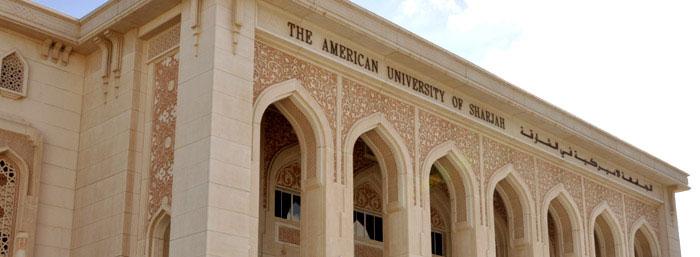- About
- Admissions
- Study at AUS
- Prospective Students
- Bachelor's Degrees
- Master's Degrees
- Doctoral Degrees
- Admission Publications
- International Students
- Contact Admissions
- Grants and Scholarships
- Sponsorship Liaison Services
- Testing Center
- New Student Guide
- File Completion
- New Student Orientation
- Payment Guide
- Executive Education
- Students with Disabilities
- Academics
- Life at AUS
- Research
- Contact Us
- Apply Now
- .

Leading journal of scientific research features work by AUS professor
Science, the world's leading journal of original scientific research, recently featured an article on Dr. Nidhal Guessoum's work on the Islamic calendar in relation to astronomy in science. Written by Edwin Cartlidge, the article on science and religion is entitled, "When is it Ramadan? An Arab Astronomer has Answers."
Dr. Guessoum, an astrophysicist and professor of physics and astronomy at American University of Sharjah (AUS), is an advocate of a scientific approach to determine the Islamic calendar and holy-months, and the vice president of the Islamic Crescents' Observation Project (ICOP), an international organization.
Honored to be featured in Science, one of the highest rated journals in the world, Dr. Guessoum states, "It is great to note that my research on Islamic Astronomy, which I've long believed to be serious science and useful contribution for the Muslim world but have so far kept as a side interest, is now being recognized as important work by institutions like Science, the flag-bearer of the scientific establishment."
From his books, to his blogs, to public lectures, Dr. Guessoum explains his belief that science can solve many of the practical problems of the Muslim faith. He has published peer-reviewed papers on crescent-based months and prayer times at high latitudes. He has also proposed a bi-zonal Islamic calendar, which is currently being discussed by Muslim astronomers and religious scholars.
By accepting the scientific approach of sighting the moon, Dr. Guessoum feels that Muslim countries will not only be able to integrate science into their daily lives, but will once again be at the forefront of science.

